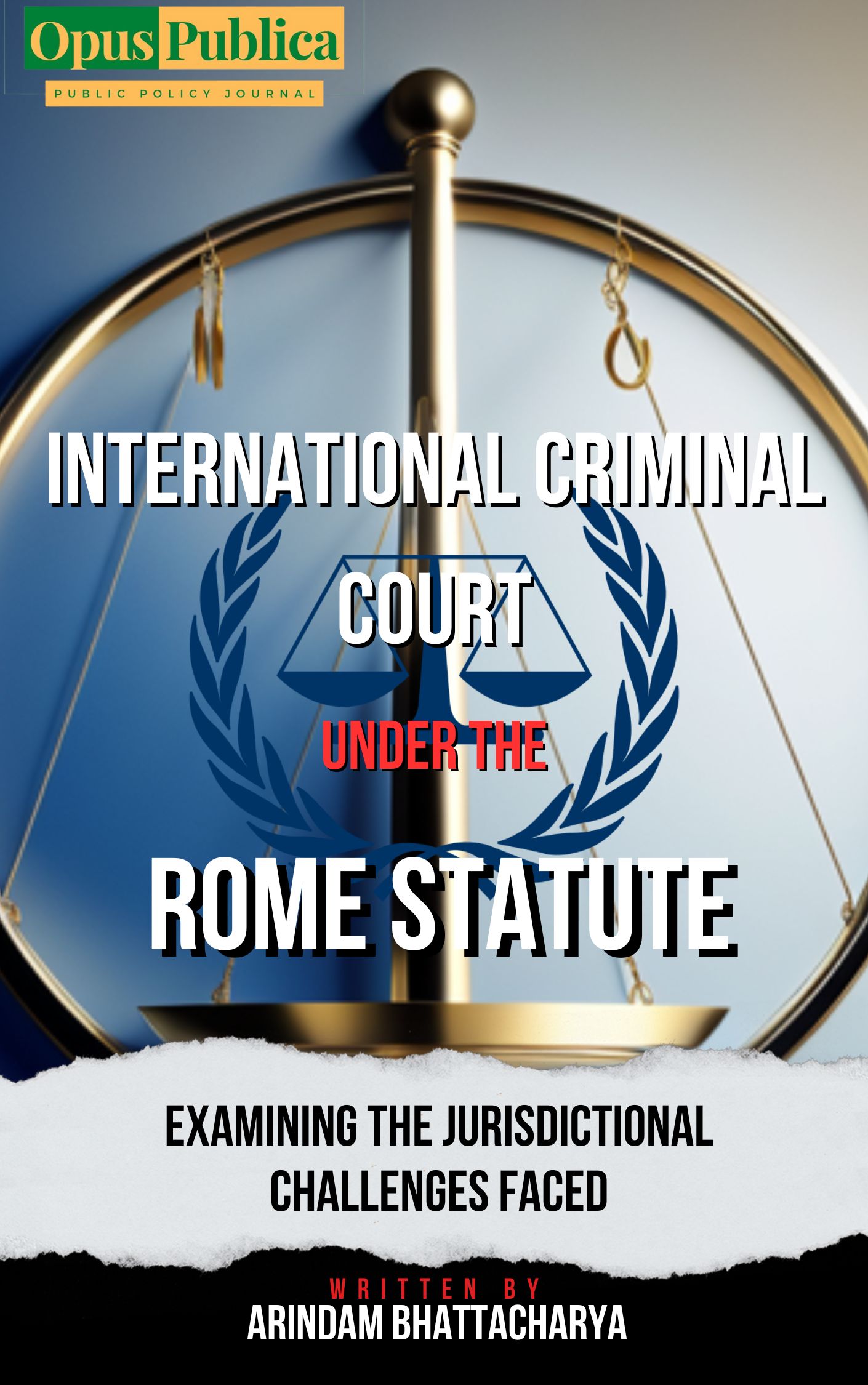About the Journal
ISSN: 3050-4589
Global Perspectives on Politics and Diplomacy (GPPD) is a renowned public policy journal published by Opus Publica, a journal system of Advocacy Unified Network (AUN). The journal serves as a platform for researchers, scholars, and policymakers to share their insights, research, and experiences in the fields of international relations, politics, and diplomacy. GPPD publishes original research articles, reviews, and perspectives on various aspects of these disciplines, including foreign policy, security studies, conflict resolution, regional integration, global governance, and human rights. With a multidisciplinary approach, GPPD welcomes contributions from diverse backgrounds to foster meaningful dialogue and promote a deeper understanding of global issues. The Editor, Mrs Maria M. Whitehead, ensures the journal's high standards through rigorous peer-review processes. At the same time, Dr Rajendran Govendar, the managing director, oversees day-to-day operations, adhering to ethical and professional publishing practices. GPPD upholds privacy, follows an open-access policy, and operates under the Creative Commons Attribution License, making its valuable content freely accessible worldwide. Sponsored by AUN, GPPD plays a vital role in advancing public policy research and advocacy.
Current Issue

This article explores the jurisdictional challenges faced by the International Criminal Court (ICC) in its pursuit of justice for crimes committed worldwide. Through a comprehensive comparative analysis of case studies in Darfur, Uganda, the Democratic Republic of the Congo, and Libya, this study uncovers common difficulties that impact the ICC's effectiveness, reputation, and ability to fulfill its mandate.
The analysis delves into the complexities surrounding jurisdiction, including securing national government support, managing security challenges, accessing witnesses, navigating conflicting legal systems, and resolving intricate disputes. These jurisdictional issues significantly affect the ICC's capacity to investigate crimes, gather evidence, hold perpetrators accountable, and deliver justice to victims.
By examining the unique jurisdictional challenges in each case study, this research underscores the importance of understanding the logistical, political, and legal hurdles that the ICC encounters in diverse contexts. Furthermore, it highlights the broader implications for the ICC's credibility and effectiveness as an institution mandated to advance international justice and combat impunity.
The findings of this study provide valuable insights into the intricate nature of jurisdictional disputes and their impact on the ICC's operations. This comparative analysis serves as a platform for informed policy recommendations aimed at addressing jurisdictional challenges. These recommendations encompass strengthening the legal framework, improving cooperation mechanisms, enhancing investigative and operational capabilities, and fostering regional and international collaboration.
The study concludes that while jurisdictional hurdles present significant obstacles, they should not impede the pursuit of global criminal justice. With steadfast commitment, collaborative efforts, and effective policy implementation, the ICC can overcome these challenges and fulfill its mission of ensuring accountability, upholding human rights, and promoting international justice.




